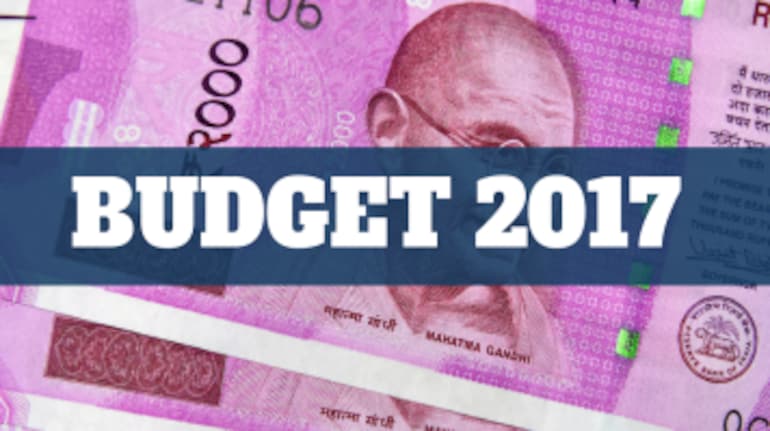



Narendra RohiraThe Union Budget 2017 seems to be well balanced, bringing in a mixed bag of reforms in the Indian Direct Tax Law for private equity funds. The much awaited relief from indirect transfer provision has been provided to investors holding shares / interest in Category I and II Foreign Portfolio Investors (“FPIs”).The long existing ambiguity on whether conversion of preference shares to equity shares would be taxable transfer has been brought to rest by this budget. It has been proposed to include conversion of preference shares to equity shares in the category of ‘transactions not regarded as transfer’ and the benefit of period of holding and cost of acquisition of preference shares should be available to equity shares.It has been clarified that the clarification provided in Budget 2016 on benefit of concessional rate of 10% on transfer of shares of a private company (being long term capital asset) shall apply from 1st April, 2013. With a view to align the India tax laws with OECD’s Base Erosion and Profit Sharing and to prevent tax abuse on account of structured financing arrangements, thin capitalisation norms have been proposed by the Finance Minister. As per the proposed norms, allowability of interest expenses, where such interest exceeds INR one crore, claimed as deduction by a company (other than banks and insurance companies) and is paid to its associated enterprise shall be restricted to lower of 30% of its earnings before interest, taxes, depreciation and amortization (EBITDA) or interest paid or payable to associated enterprise. Balance interest, if any, will be allowed to be carried forward for a period of 8 years and will be allowed as a deduction in subsequent years to the extent of maximum allowable interest expenditure. At present, exemption from capital gains tax has been provided on transfer equity shares of a company if such equity shares qualify as long term capital asset and the transfer is subject to Securities Transaction Tax (“STT”). To prevent sham transactions and tax abuse, it has been proposed that the exemption shall be available only if the acquisition of share was subject to STT. However, to protect the exemption for genuine cases where the STT could not have been paid like acquisition of share in IPO, FPO, bonus or right issue by a listed company acquisition by non-resident, it is also proposed to notify transfers for which the above condition shall not be applicable. We would need to wait till the notification to understand which transfers are not covered and whether any conditions are attached to such notification. With a view of rationalise the provisions relating to deeming full value of consideration for computation of income under the head ‘capital gains’, it has been proposed to introduce a new provision wherein if the shares of a company (other than quoted shares) are transferred at a value lower than Fair Market Value (“FMV”) of such share, then the FMV shall be deemed to be the full value of consideration for the purpose of computing income. FMV shall be determined in a prescribed manner.The taxation on receipt of assets without or inadequate consideration proposed to be extended to all taxpayers (including companies, trusts and institutions) and to all assets (including immovable properties) w.e.f 1 April 2017. Separately, the areas that have not been touched upon in the Budget include clarifications of applicability of General Anti Avoidance Rules (GAAR) and clarifications on Place of Effective Management (POEM). Therefore, it appears that for now the clarification provided through a recently issued guidelines, circulars shall be the only guide. This leaves some other issues around availability of treaty benefits, etc open to discussion and interpretation.From an overall perspective, for private equity funds, the Budget 2017 seems to be a balanced one.The author is Tax Partner at EY India.(Views expressed are personal)
Discover the latest Business News, Sensex, and Nifty updates. Obtain Personal Finance insights, tax queries, and expert opinions on Moneycontrol or download the Moneycontrol App to stay updated!
Find the best of Al News in one place, specially curated for you every weekend.
Stay on top of the latest tech trends and biggest startup news.